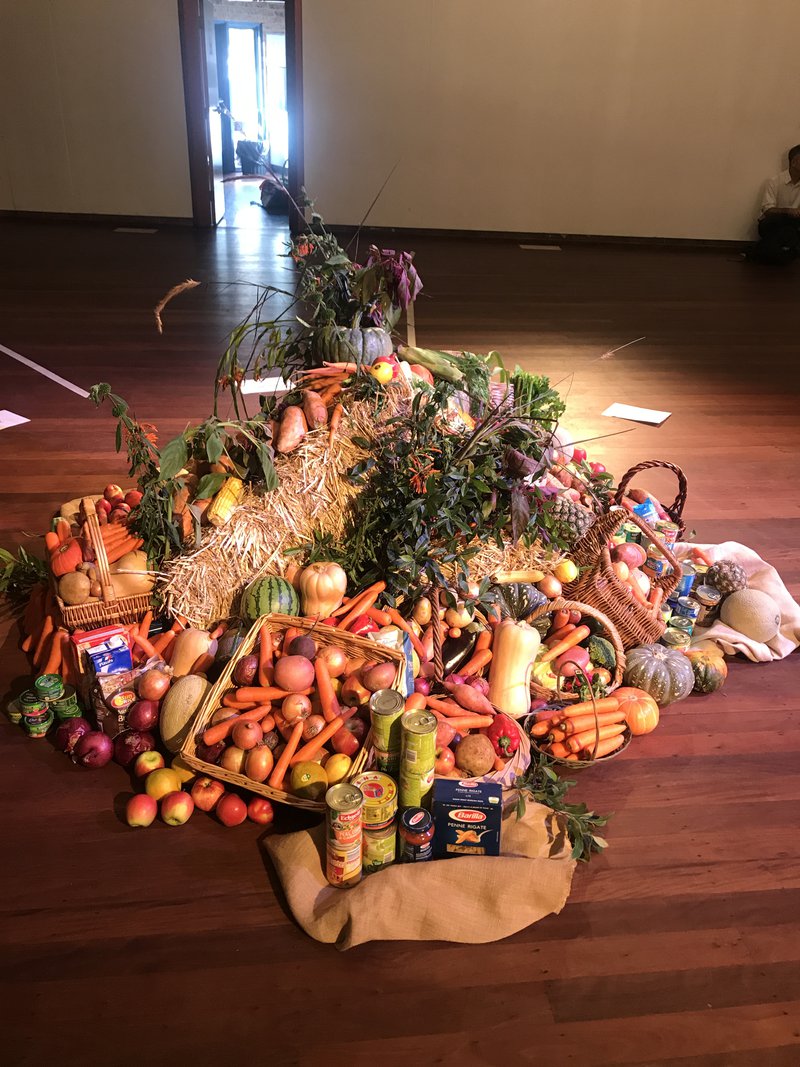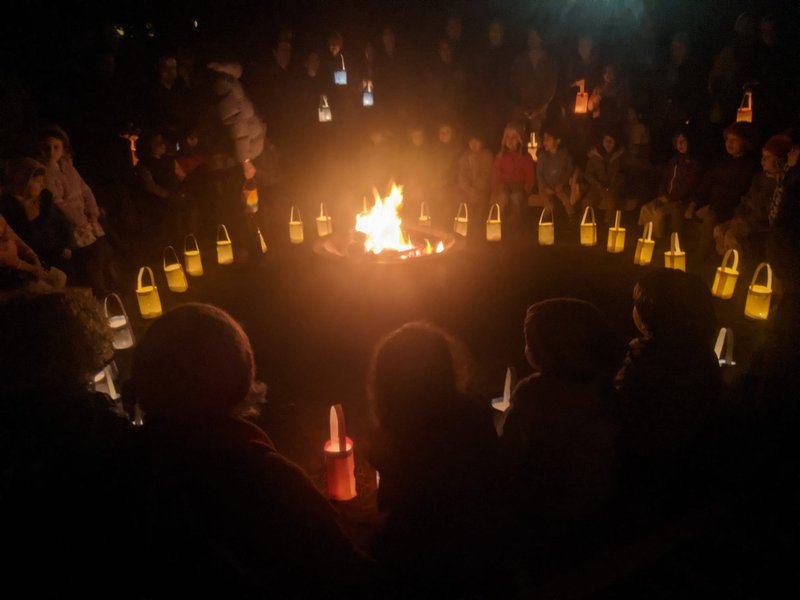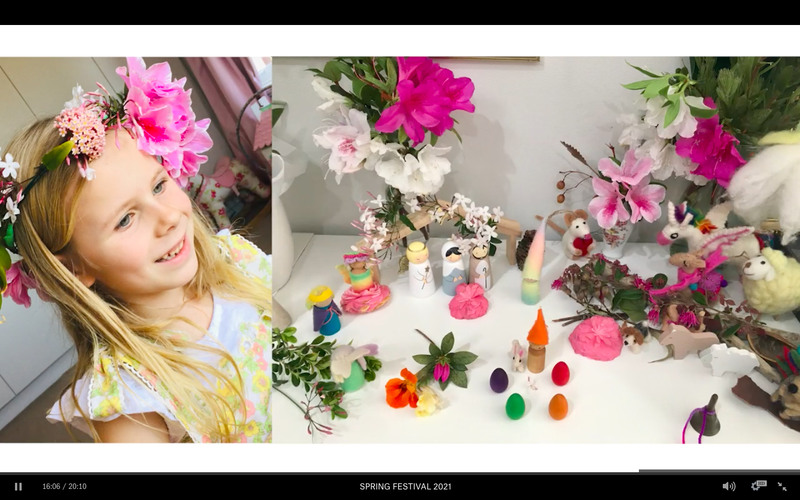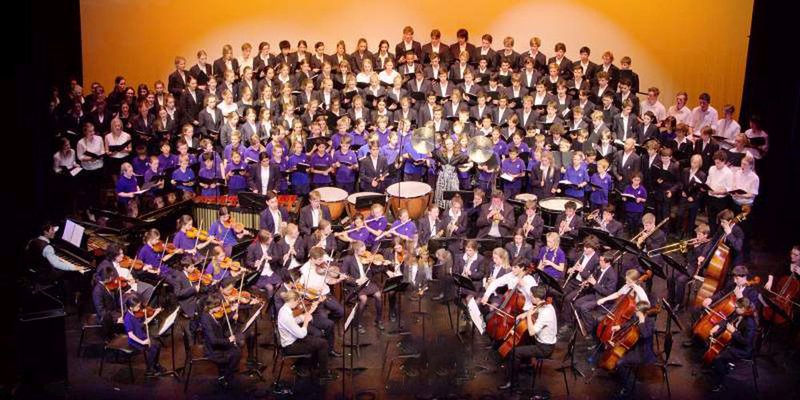Every morning we wake up, roll over in bed, sit up and perhaps lie back down, and we then eventually find ourselves standing on our feet. At that moment we are conscious of ourselves in space, although I admit that it would be unusual if that realisation genuinely arose to the level of a concrete thought on a daily basis. At the same time, the fact that it is a new day, that we have moved on from yesterday, are standing in the present, and are starting to prepare ourselves for the future, reveals to us the reality that we are beings in the stream of time. Again, not necessarily a realisation that is dwelt upon at 6:00am. Nevertheless, each morning as we start our day we leave the world of sleep where we have had no sense of space or time and again awake into a three-dimensional physical reality and an inner sense of continuity. When we are feeling well, we awake to a rightful sense of place (space) and an experience of purpose and meaning (time).
Experiencing wellbeing in the context of ‘the self in space’ relies on our bodies being healthy and in balance, and our environment being safe, beautiful and appropriately stimulating. Experiencing wellbeing in the context of ‘the self in time’ is more complex, but an essential element is the assurance of continuity which relies on our innate trust in and experience of rhythms. Trust in the 24-hour day/night cycle and our unconscious comfort in the knowledge that the sun will set in the evening and rise in the morning is foundational to a healthy sense of ourselves in time, and we all acknowledge the necessity of the rhythmic balance between being awake and descending into asleep. For most of us, trust at this most basic of levels is thankfully a given. The importance of the weekly cycle, and the balance between work and play and the ways in which this rhythm impacts our wellbeing is also something quite universally understood. Having an awareness of how the yearly rhythm gently underpin our wellbeing and sense of purpose and meaning, however, is an aspect that isn’t as immediately apparent. Instead, it is a realisation which rises slowly into relief when elements that enhance our experience of this support are taken away.
Throughout the last two years, the daily and weekly rhythms have, on the whole, been maintained, with the school-week/weekend pattern remaining in place during both on-campus and online learning. The physical nature of the yearly cycle, with the changing of the seasons, has also continued to be experienced. However, cultural events that punctuated the passing of time in the social/emotional sphere largely fell away. With the cancellation of the autumn, midwinter and spring festivals, the annual Year 10 musical and school concert, year-level milestone celebrations and the Carol Service (to name a few), a diminishing sense of time began to emerge. As we failed to find trust in a cycle greater than a single week, we found ourselves finding it hard to connect with a sense of purpose and meaning and with a rhythm larger than our own. We were missing a yearly cycle that on the cultural level punctuated the mundane with celebratory events that unite us as a community through shared activity and experience.
The start of 2022 carried with it aspects that left us still wary, but gradually conditions are again arising that will allow us to plan again for a cultural celebration of the year. The academic program, with our sequencing of the main lessons, ordering of our lesson delivery and timing of assessment deadlines, could be said to present the yearly cycle our high school students experience in the realm of thinking. The seasons, with changes in light, temperature and rainfall (!), present the yearly cycle we encounter in the external, physical world. But it is the cultural, yearly cycle that speaks to our feelings, to our social/emotional selves and to our true humanness.
These months since March of 2020 have for many of us merged to create an undefined period that can’t quite be understood in terms of years. Term 4 last year, with its unusual on-campus start in Week 3, felt more like January than October, and returning this year, with a revival of heightened anxiety following increasing COVID cases, felt somewhat as if Christmas had never happened. But just in the last few weeks a lot has changed. The concept of ‘future’ can be tentatively entertained and there is much to anticipate. The Year 8 Outdoor Education program which occurred last week was a great success. The high school swimming carnival is set for tomorrow, and we are looking forward to again meeting with friends from other Steiner schools. Year 7 students’ trip to the Newnes Plateau will head out over the coming weeks and singing, music ensembles and extracurricular activities are back on! Most importantly, the first of the festivals is being planned. On Monday, 21 March an equinox will occur in the southern hemisphere. On this date, day and night will be very close to being of equal length and we can reflect on what that may mean metaphorically for our inner experiences of ‘lightness and darkness’. This too marks the moment after which nights will become longer, and when we enter autumn and can reflect on that season’s characteristics.
Grounded on the firm foundations of the reality of the annual, seasonal journey, we lift the yearly cycle to the cultural, social/emotional level as we bring these reflections alive for the high school students at the Harvest Festival set for Wednesday, 23 March. And we very much hope that this celebration will be the beginning of many more. Let the rest of the outdoor education programs stream right ahead, and let the twilight music concerts, the midwinter and spring festivals, the Year 10 musical and all the rest unfold. In doing so, let us again find assurance that we can rely on the cycle of the year to provide us with culturally experienced richness and a sense that time is passing meaningfully and purposefully, and that our place in that stream of time is assured.





